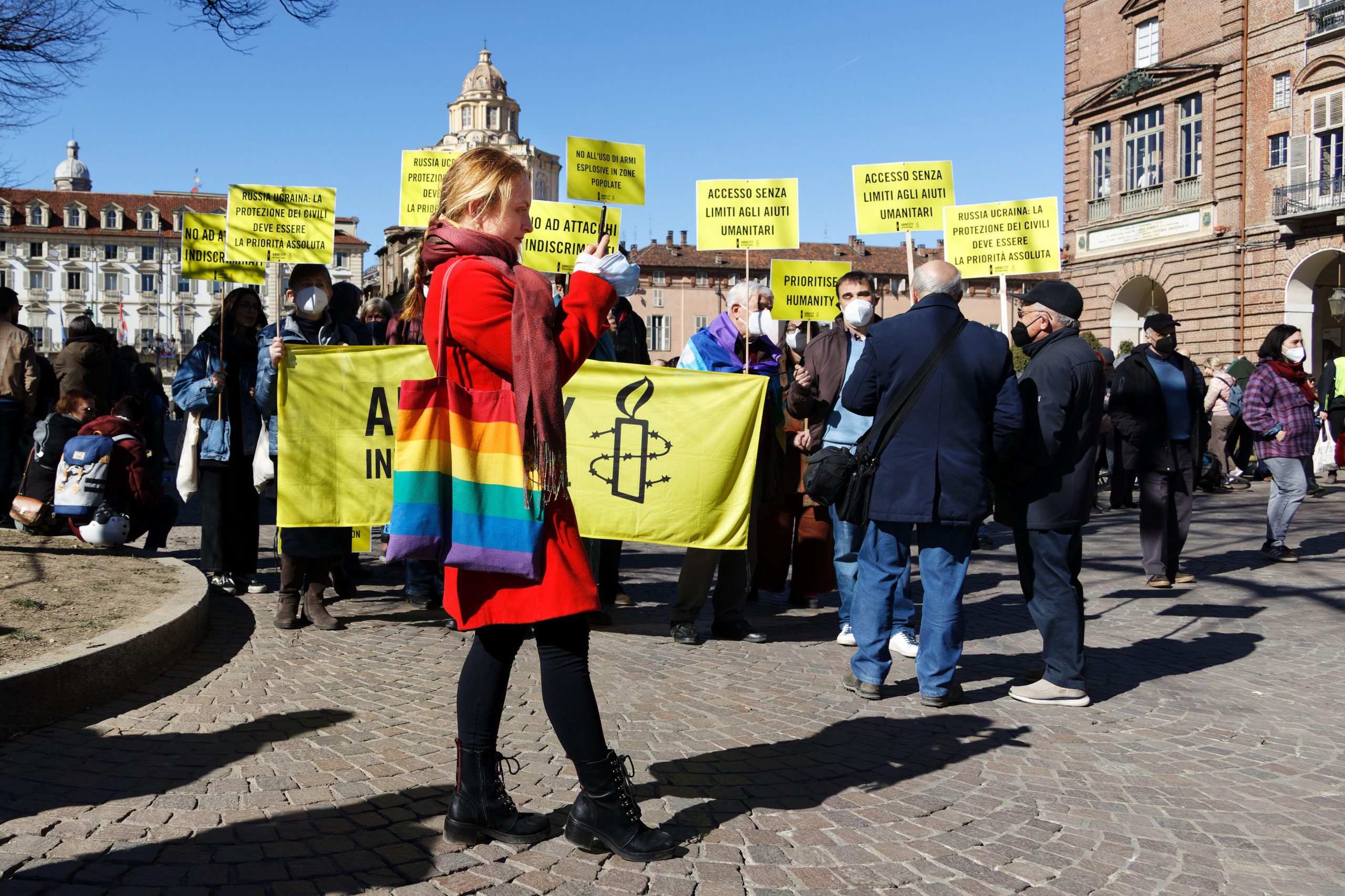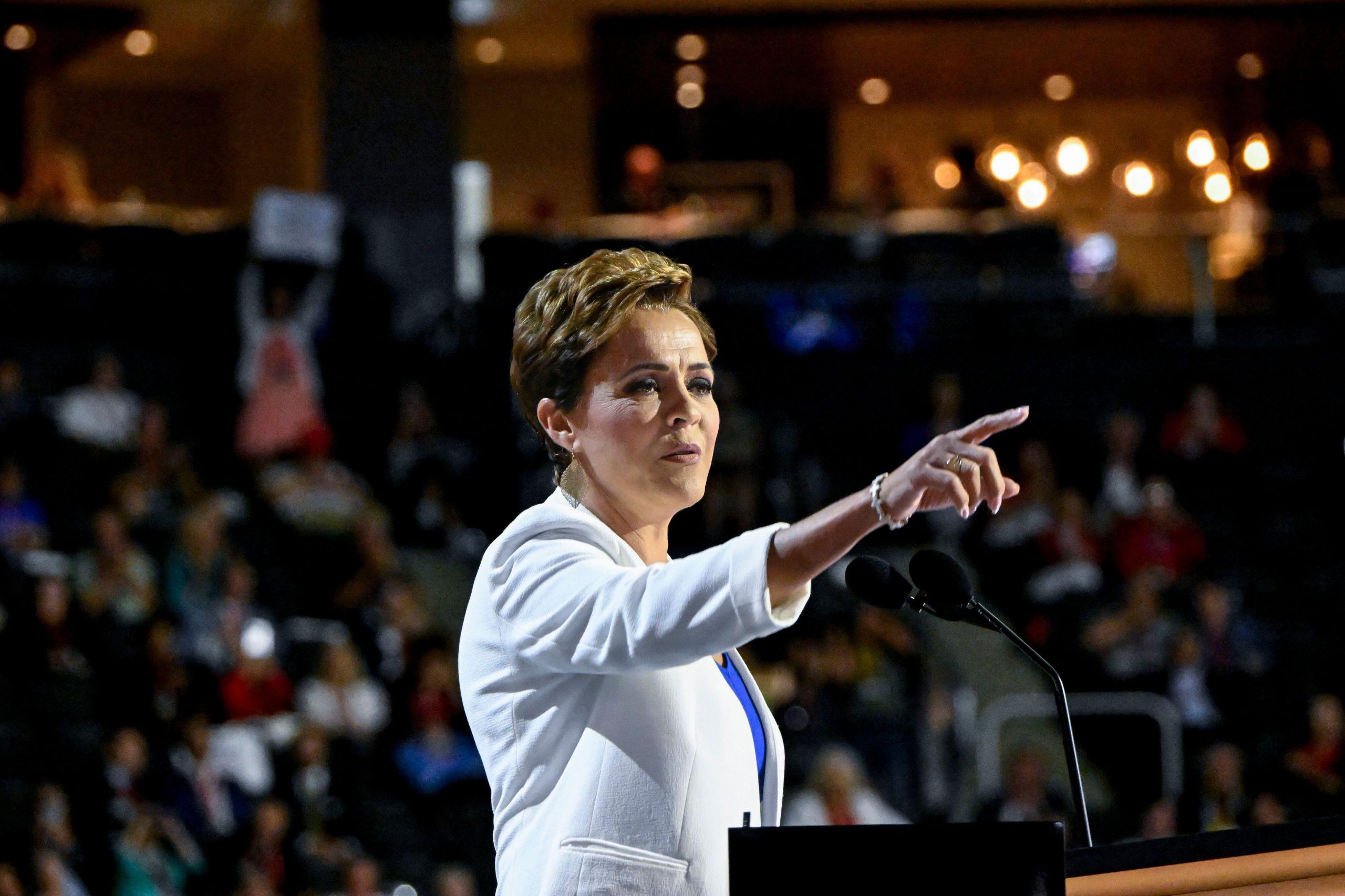Holding rallies and demonstrations is a right, specified in article 31 of the Russian constitution and one which is regularly abused by Russian authorities.
Since 31 July 2009 the opposition has held protests in support of peaceful assembly on the 31 day of each month that has 31 days. Three years of such protests have brought no luck to the group which suffers from the violation of article 31 most — the Russian gay community. For the seventh time Moscow authorities have blocked their attempts to hold a gay-pride parade. Police arrested forty people who came out to the unsanctioned demonstration: both LGBT activists and radical nationalists, who tried to confront them.
Last year the European Court of Human Rights ruled that Russia’s gay-pride ban was illegal, but the country’s authorities don’t seem to have considered the court’s decision. As Pride organiser and gay rights advocate Nikolay Alekseev told Index on Censorship, “Russian authorities cannot abandon ECHR’s decision forever, at least because of the fact that the Russian gay community has 15 more appeals waiting to be won there”. According to Alekseev’s plan, at some point the court will confirm the systematic violation of gay rights in Russia, and the issue will be brought up by the European Committee of Ministers, which is likely to influence Russian policy on gay community.
“We were ready to hold our demonstration any place in Moscow this time, but the authorities said that in any place we would violate the standards of morality,” said Alekseev, adding that “Russian authorities ignore the gay community and European Convention on Human Rights because they go unpunished and don’t receive tough ultimatums on the issue from their European counterparts”.
In March “United Russia” deputies in Saint-Petersburg successfully passed a scandalous law “against promotion of homosexuality”, which forbids LGBT activities and bans any information about LGBT promotion among minors. This means any LGBT activist can be fined up to 500 thousand roubles (10,782 GBP).
That is why gay rights activists have to take precautions and self-censor, says Gulnara Sultanova, director of “Side by Side”, a Lesbian and Gay International Film Festival, which has been held every autumn in Saint-Petersburg since 2008. The festival’s core idea is fighting discrimination and supporting congenial relationship between LGBT representatives and heterosexuals. Sultanova told Index this year her colleagues have to set an age limit to avoid fines, despite the fact some “films about gender identity and equal rights are useful to teenagers”.
Homosexuality was only decriminalised in Russia in 1993. Before that, gay men were put in prisons and lesbians were sent to mental hospitals. Most of the active part of Russian society were raised in that time, when it was inappropriate to even discuss LGBT issues. This, according to Sultanova, resulted in a vicious circle, where “a lot of gays and lesbians are afraid to come out and participate in civil protests under rainbow flags, and many people consider gay groups too closed to express solidarity towards them”. It will take years to break this circle, but the tendency, according to Sultanova, is positive.
Her optimism is shared by LGBT activist and Novaya Gazeta journalist Elena Kostuchenko. Last year during an unsanctioned gay pride march in Moscow she was beaten by ultranationalist youth group activist. This year, she says, protests against Vladimir Putin united polar groups: nationalists, antinationalts and LGBT activists. Together they had to run from the police, spend time in detention centres for wearing white ribbons (symbol of protest) and demand new fair elections.
“Since December people have realised that lawlessnessness concerns everyone, and if the state systematically violates the rights of one group (LGBT, for instance), it could any time violate the rights of any other, which is exactly what happens now,” Kostuchenko concludes.




